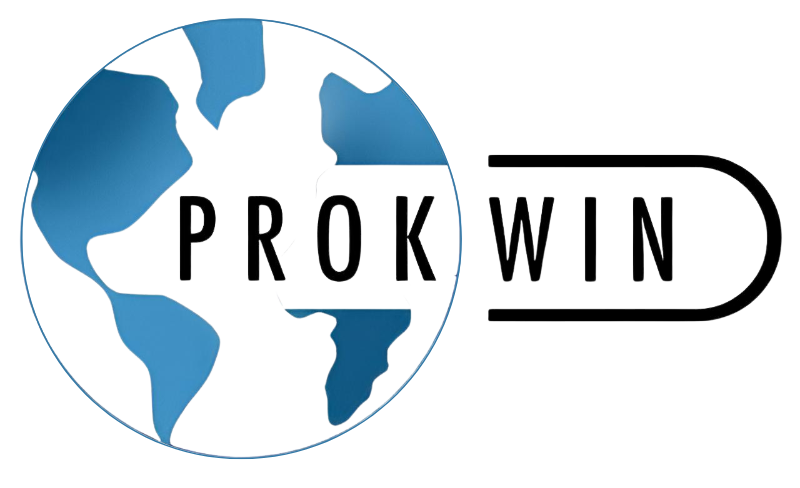This is, in my experience, the most important step after signing a contract — and yet, the most often overlooked one!
Many of us have experienced the pain points of misaligned communication, missed deadlines, and costly mistakes (such as commercial issues, risks, and unclear responsibilities). If not shared or properly communicated, a lot of unwanted risks can occur.
We can avoid these pitfalls!
If you own a contract, ensure others are informed!
If you’re unsure about existing contracts, reach out to global teams, category managers, sourcing teams… to gather information and disseminate it effectively.
Effective way to implement:
1) centralize contract storage, (no contract tool? ok a simple shared document can help),
2) establish clear communication channels,
3) implement robust process of implementation for your big projects,
4) provide comprehensive training, and
5) address legal requirements to avoid any penalties from Buyers’ side.
Implementation Plan:
For Procurement:
Distribute essential contract details, including pricing, terms and conditions, and other key information.
Set clarifications meeting as needed.
Develop a toolkit to guide local teams in implementing contracts effectively.
For End Users:
Communicate contract existence & purpose.
Clarify roles and responsibilities.
Communicate service delivery standards & response times.
What are your biggest challenges in implementing contracts?
What can I improve in my below implementation strategy?
CATEGORIES:
Tags:

No responses yet